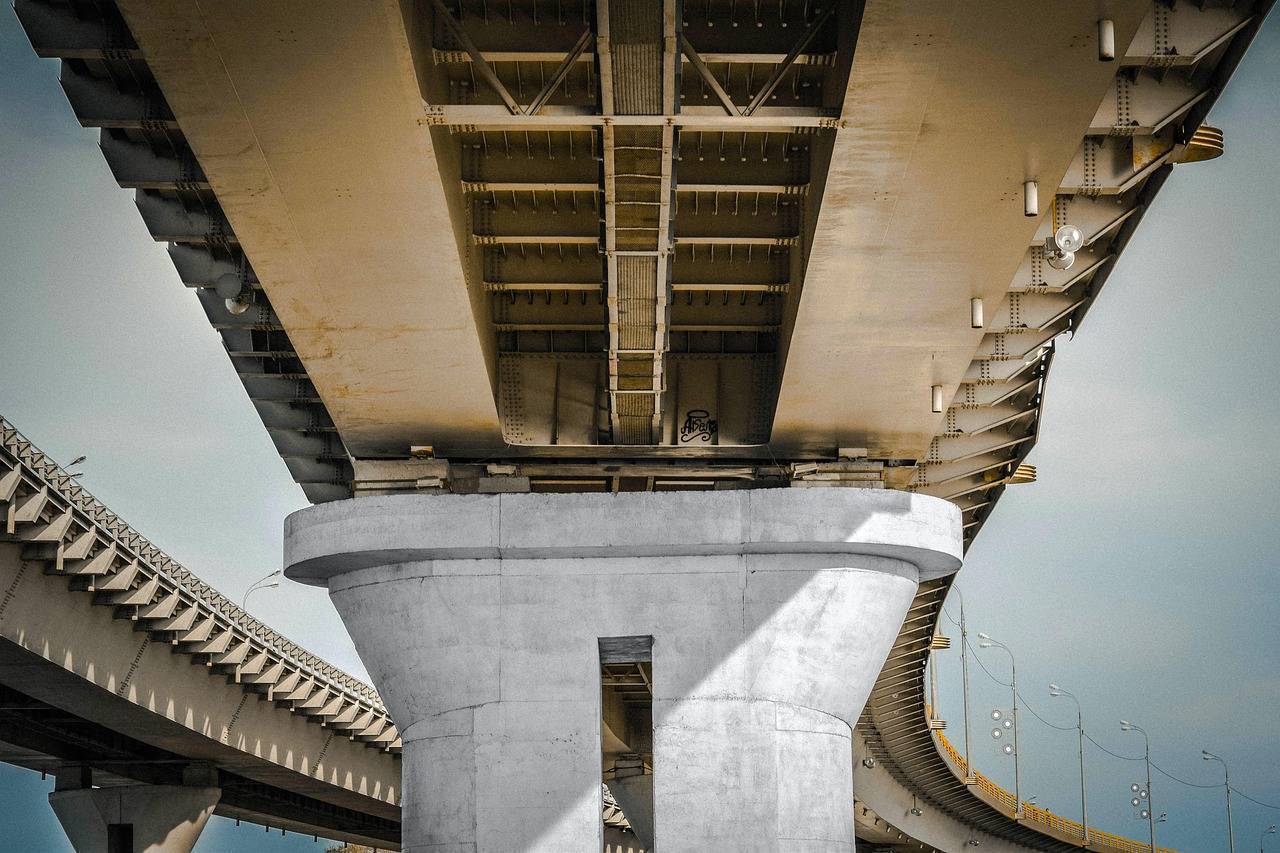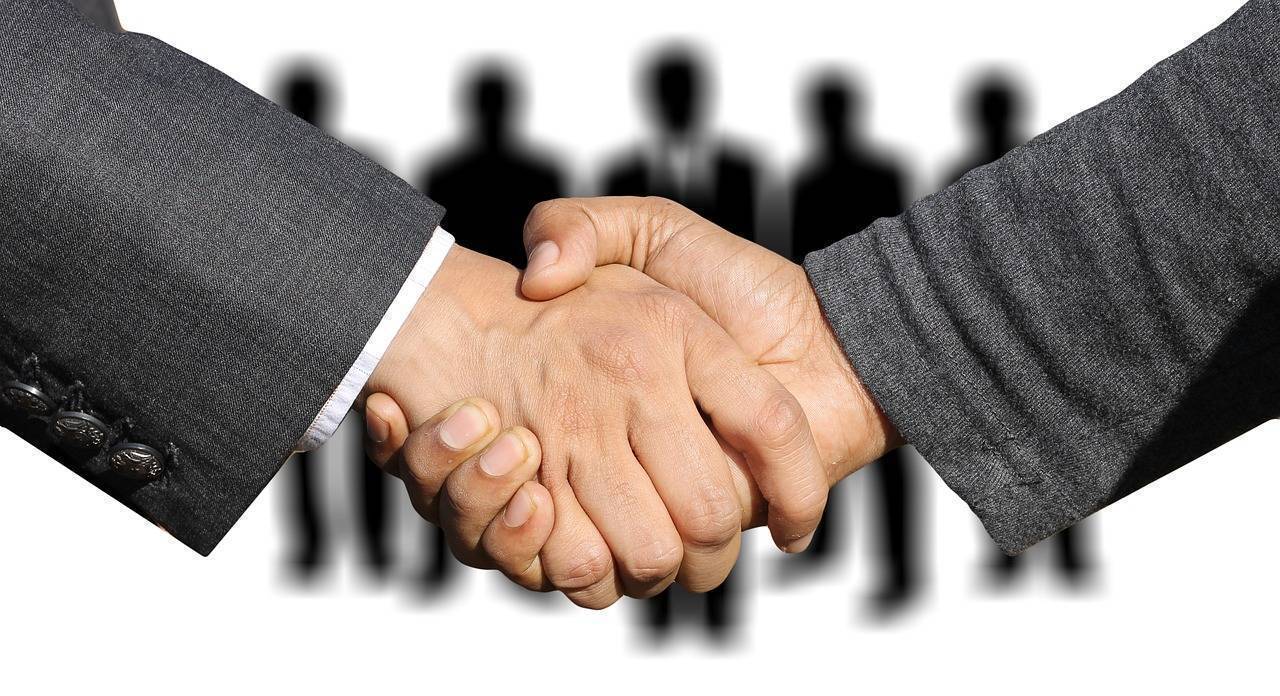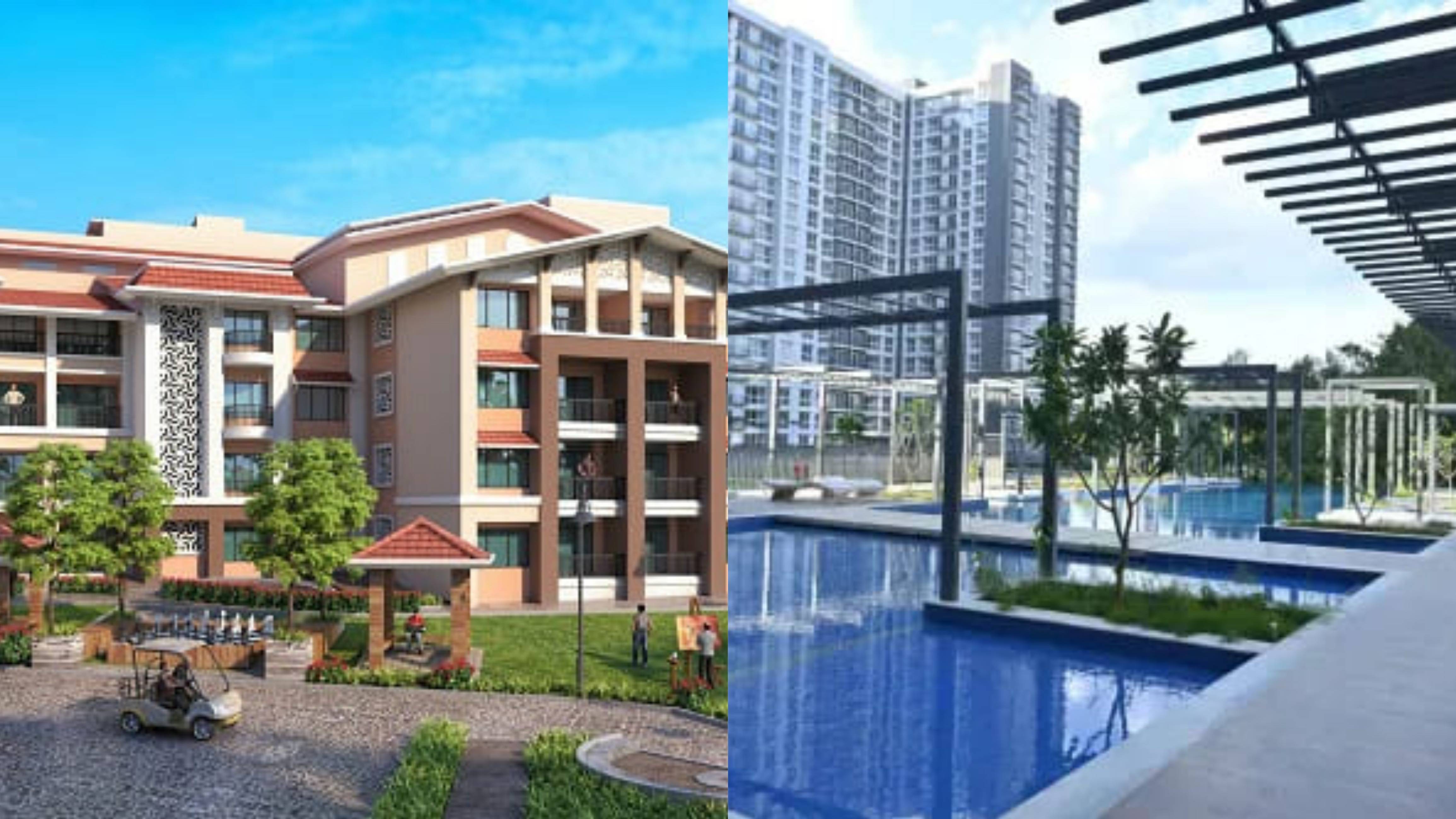Karnataka Set to Replace 1972 Apartment Law: What the New Legislation Means for Apartment Owners and Buyers?
The Karnataka government is finalising a new Apartment Ownership Act intended to replace the antiquated Karnataka Apartment Ownership Act, 1972, with a more robust legal framework to govern residential apartment ownership and maintenance. The upcoming legislation, according to senior officials involved in the drafting process, is expected to bring clarity to issues related to land rights, common area ownership, and the legal rights of apartment associations—areas long mired in ambiguity.
The draft is now at an advanced stage and will soon be presented for ministerial review and approval, signalling a shift in the state’s real estate governance that could have far-reaching implications for apartment owners, developers, and regulatory authorities across Karnataka.
Addressing Structural Gaps in the Existing Law
The existing Karnataka Apartment Ownership Act, enacted over five decades ago, was designed in an era when urban apartment living was not prevalent. With the rapid vertical expansion of cities like Bengaluru—particularly after the IT boom—the legal framework has struggled to keep up. Buyers, associations, and legal professionals have frequently pointed out the absence of clear mandates on the transfer of land and common areas, leading to disputes, delays, and long-standing legal battles.
One of the core aims of the new Act is to close these legal loopholes. It proposes codified timelines for builders to hand over common areas and ownership rights—including land, structural components, and shared facilities—to duly registered associations of apartment owners. This handover is mandated under Section 17 of the Real Estate (Regulation and Development) Act, 2016 (RERA), but the existing state-level law does not provide a mechanism for enforcement.
Push for Automatic Transfer of Ownership
Homebuyer advocacy groups, particularly the Karnataka Home Buyers Forum, have long urged the government to incorporate provisions that enforce the automatic transfer of property titles and common areas from builders to residents. This demand stems from widespread complaints where builders delay or avoid transferring ownership despite fulfilling initial contractual obligations.
Stakeholders argue that without a statutory deadline for transfer, apartment residents are left without control over facilities they pay for—including water systems, elevators, parking areas, and security infrastructure—long after taking possession.
Forum director Dhananjaya Padmanabhachar has emphasized that the absence of implementation guidelines and regulatory oversight has pushed many residents to seek redress in courts. The proposed law, he noted, must mandate timelines for developers and clearly assign accountability to ensure smoother governance transitions.
Demand for a Competent Regulatory Authority
Another major reform sought by citizen bodies like the Bangalore Apartments’ Federation (BAF) is the establishment of a competent authority dedicated to implementing and overseeing the provisions of the new law. Currently, the Registrar of Co-operative Societies is the designated authority under the 1972 Act. However, apartment owners often find that their complaints regarding transfer delays, maintenance charges, or ownership disputes go unaddressed due to a lack of jurisdiction or procedural clarity.
Vikram Rai, president of BAF, stated that apartment residents frequently encounter regulatory dead ends. The current setup provides no effective avenue for grievance redressal. According to Rai, a dedicated body—possibly aligned with the Karnataka Real Estate Regulatory Authority (KRERA)—should be appointed under the new law to monitor compliance, adjudicate disputes, and facilitate transparent builder-association handovers.
Legal Perspective: Need for RERA Alignment
Legal experts believe that aligning the new law with central RERA provisions is not just beneficial but necessary. Section 17 of the RERA Act mandates developers to hand over the title of common areas to the association of allottees, a clause that lacks strong enforcement at the state level in Karnataka due to the outdated nature of the current legislation.
Advocate Akash Bantia, who practices before KRERA, pointed out that one of the most significant issues with the existing law is its silence on who is empowered to act as the enforcing authority. This regulatory vacuum allows developers to delay responsibilities, and associations often find themselves powerless despite statutory provisions.
He added that the forthcoming law must address these enforcement issues, provide for automatic title transfers, and set clear procedural guidelines. Moreover, governance models for apartment associations need strengthening to improve accountability and reduce administrative friction.
Will the New Law Empower Buyers?
The drafting of this law comes at a time when homebuyers across Bengaluru are increasingly vocal about real estate regulatory gaps. From disputes over promised amenities to delay in the issuance of Occupancy Certificates and the transfer of rights to associations, the challenges have steadily increased.
With the growth of mid-sized and large apartment complexes across the city, issues around shared maintenance, developer liability, and association formation have become central to the homebuying experience. Experts hope that the new law will include provisions to standardize apartment deed registration, maintenance cost apportioning, voting rights in associations, and rights to challenge non-compliance.
Consumer groups have further suggested that the law introduce penalties for developers failing to comply with ownership transfer norms and for associations that do not follow standardized governance models.
While the full text of the draft has yet to be made public, the Karnataka government’s move signals a long-awaited overhaul of a neglected area in urban housing governance. By modernising the legal framework, defining a regulatory authority, and streamlining the relationship between developers and apartment owners, the new Apartment Ownership Act could provide a more equitable and accountable environment for millions of apartment residents across the state.
Once passed, the legislation is expected to bring Karnataka’s housing laws more in line with those in states like Maharashtra and Tamil Nadu, which have already adopted robust apartment ownership acts integrated with RERA frameworks.
The coming months will determine the final shape of the bill, but for now, homebuyers and resident associations are cautiously optimistic that the new law will offer long-overdue legal clarity and a stronger foundation for collective ownership and housing rights in Karnataka.











